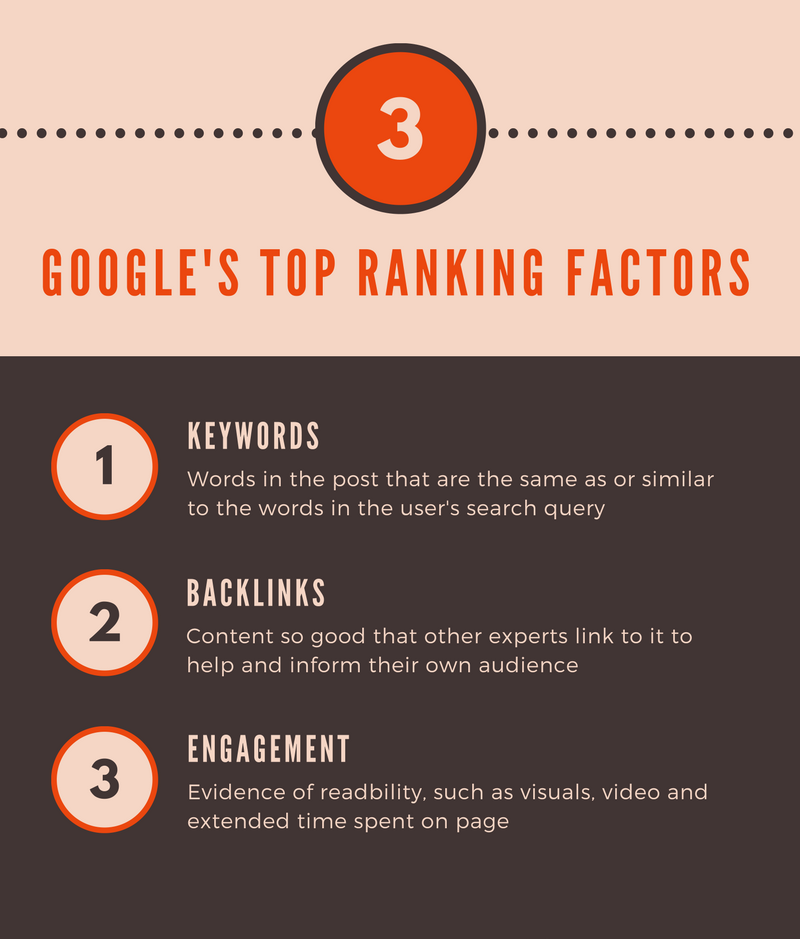The Web Isn't A Dumbing Down, It's A Restructure
I love a good metaphor. Preload an ostensibly boring 'how-to' with an angle and you make it at least 8 times more readable and 14 times more relevant to the real, actual lives of the people who read it.
Today, though, I'm stuck. I need a metaphor for a layered thing. An onion is the obvious one, but that's not quite right. My layered thing's layers are fiddly and difficult to remove. My layered metaphor needs to look so inviting that you can't help yourself but take off a tier and get closer to the goodness within.
Perhaps it is a game of pass the parcel? Will you be the one to win the prize? Nope, Let It Go just ended when your dad wasn't paying attention. Pass it on. No haribo for you.
Am I making myself clear? Didn't think so.
Real life experience to explain the metaphor
The other day I found myself explaining my job to a nice bunch of Oxford academics.
They weren't even slightly impressed. "I'll always read books" said one. "Isn't this just all part of the general dumbing down of society?" said another.
“Reading the web is nothing like reading a book. It is arguably a much more efficient experience.”
I can see their point. How many of us can say we've read a whole newspaper or a whole non-fiction book recently? And why would you? It's all online...
I eloquently pointed out to the Dons that the web has opened up access to knowledge previously squirrelled away in pretty, yet impenetrable libraries. "Touché!" they all cried as we high-fived and passed the port. Except this bit happened in my head, four hours later.
Fact is, reading the web is nothing like reading a book. It is arguably a much more efficient experience.
With a book, you start at the beginning and finish 400 hundred or so pages later at the end. You trust not only the author's voice, but the way they build and pace their story, their research and the information they choose to share. A clearly-chaptered book with good summaries and conclusions allows you to dip in and out. In the main though you're investing in one voice, one opinion.
And that's cool when there's no telly during the day and the pubs close at 10.30pm and smart phones won't be invented for another 50 years. When your life stretches out in front of you like a bookshelf-lined Route 66 through an empty dessert, there's all the time in the world to read everyone's frigging book.
But times have changed.
Back to the layers
“I miss the smell of a library and an old book, but apart from that, give me the control and flexibility I have on the web any day.”
In fact, the web doesn't 'dumb down' or simplify information; it presents it in a different structure. Hyperlinking allows you to break from a page and launch into a new one, branching and exploring, efficiently discovering what you most need to know and leaving behind what doesn't interest you. It's a whole new 4-dimensional way to take in the facts. It's not a book because it allows you to forge your own path.
I miss the smell of a library and an old book, but apart from that, give me the control and flexibility I have on the web any day.
Despite its ill-informed waffle and criminal underbelly, the web is the single best thing to have happened to human rights and equality in our history. People throughout the world have ready access to information about how others live and why they deserve better from their own lives.
And what's this got to do with your website?
Well, the web is reliant on links, but there's an insecurity inherent in clicking a link. Where might it take me? To an error? An advert? A pointless page I have to (horror of horrors) click back from? When you flick through a book you're still in the book. When you click a link you could end up... anywhere.
Your homepage's job is to get your visitors to trust you enough to scratch off a layer and read on.
It takes us less than 50 milliseconds to decide whether to stay on a website or bounce away. You can't read anything or really even look at the images in 50 milliseconds. All you can do is absorb the whole picture, see whether text is laid out in a pleasing way in a font you like, and how much effort you have to make to find out more. Are there lots of links and words or just a few? One clear button, or a sea of decisions to choose between?
Keep that first layer simple and clear, and you'll open the door to everything else on your website. Just like the cover of one of those old books will tempt you to judge its contents, so will your homepage.
Here's a little more about what a trustworthy website can do for you.
What do you think? Has the web made us cleverer or stupider? Leave your deepest insights below.
A Squarespace website designer based in Oxford, UK, I'm on a mission to turn uninspiring, unloved websites into interesting, relevant experiences that show instantly what you offer and why people need you in their lives. More info.











